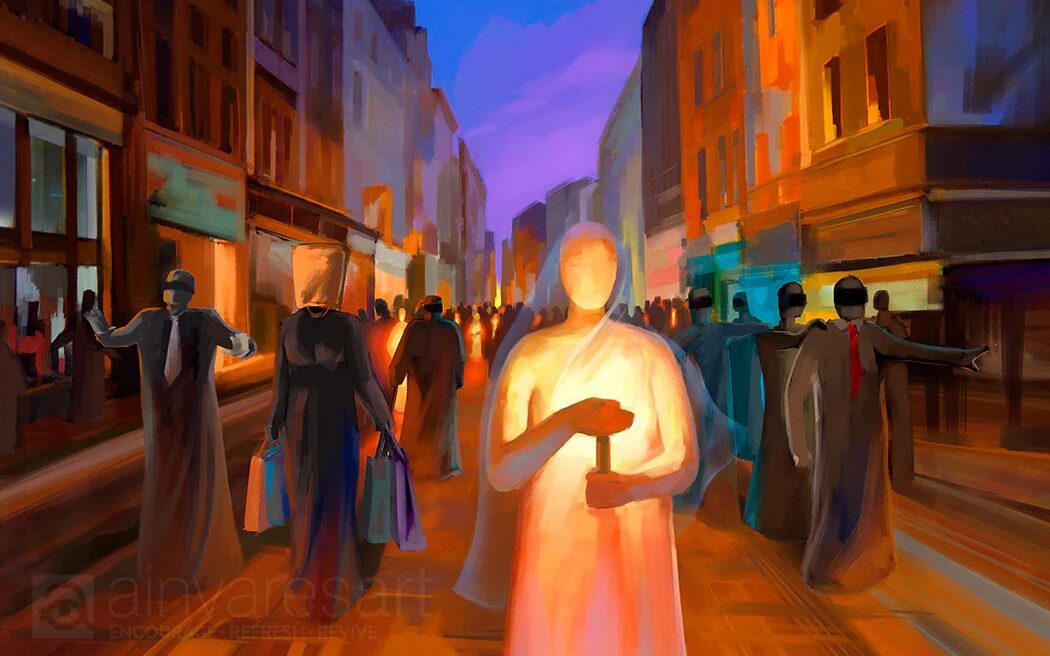Current Study Groups
The Psalms
For centuries, the Psalter has been called the church’s prayer book. Join us as we explore what it means to read the psalms as poetry, as liturgy, as prayer, and as presentations of the world as “charged with the grandeur of God.” This group is open to all.
This group meets Fridays at 7am in the basement of College Church.
The Screwtape Letters
Join us for weekly conversations on books we find significant. This semester, we’ll discuss C. S. Lewis’s classic on the nature of temptation, vice, disharmony, and how to avoid them through prayer and attentiveness to the world before us.
This group meets Fridays at 4:00 in Maples.
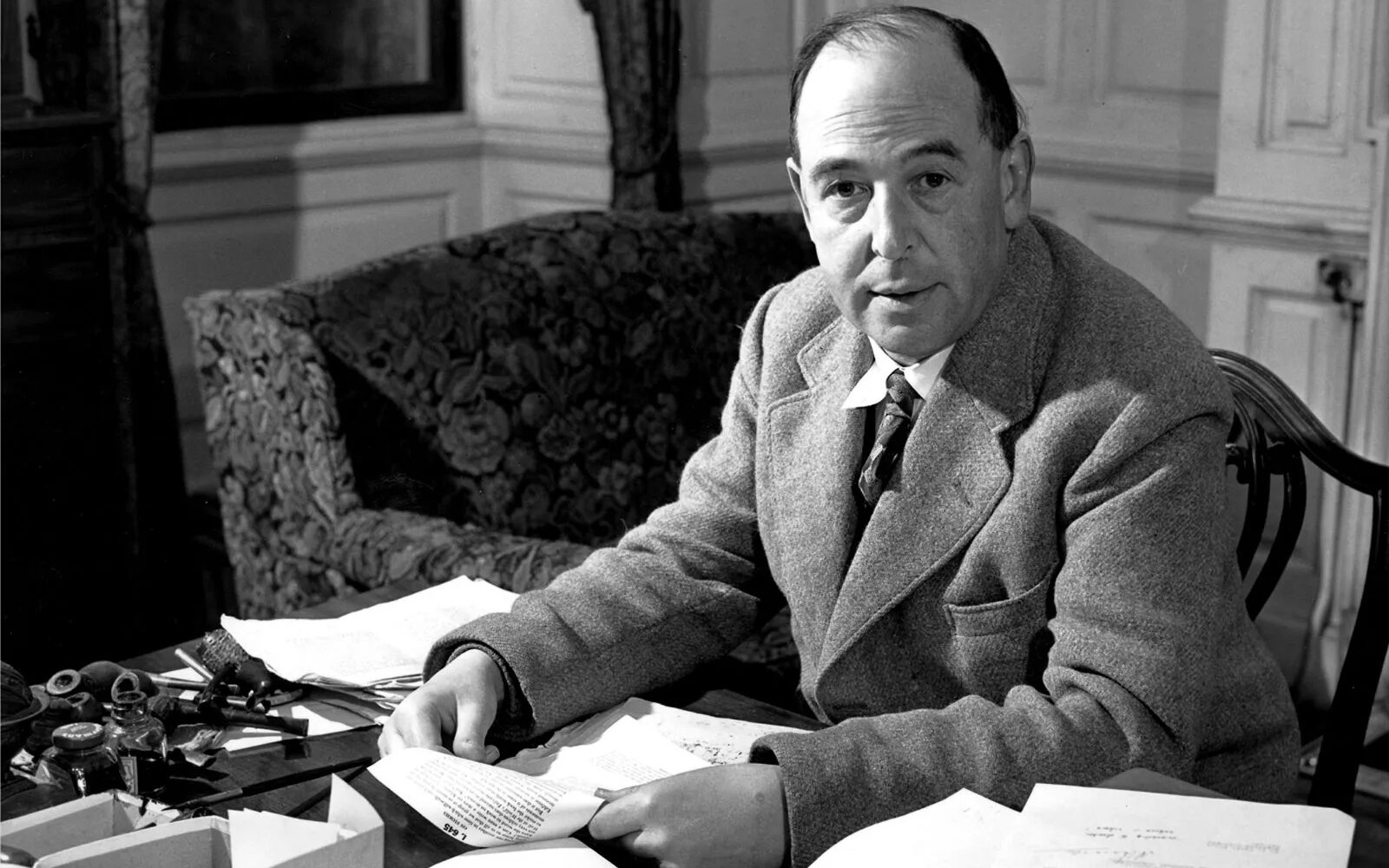
Demons by Fyodor Dostoevsky
We often think of demonic possession as involving the kinds of things you see in The Exorcist. But what if possession is a matter of political and philosophical ideologies? That is what it looks like in Demons, Dostoevsky’s classic examination of nihilism in nineteenth-century Russia.
This group is closed for the semester.
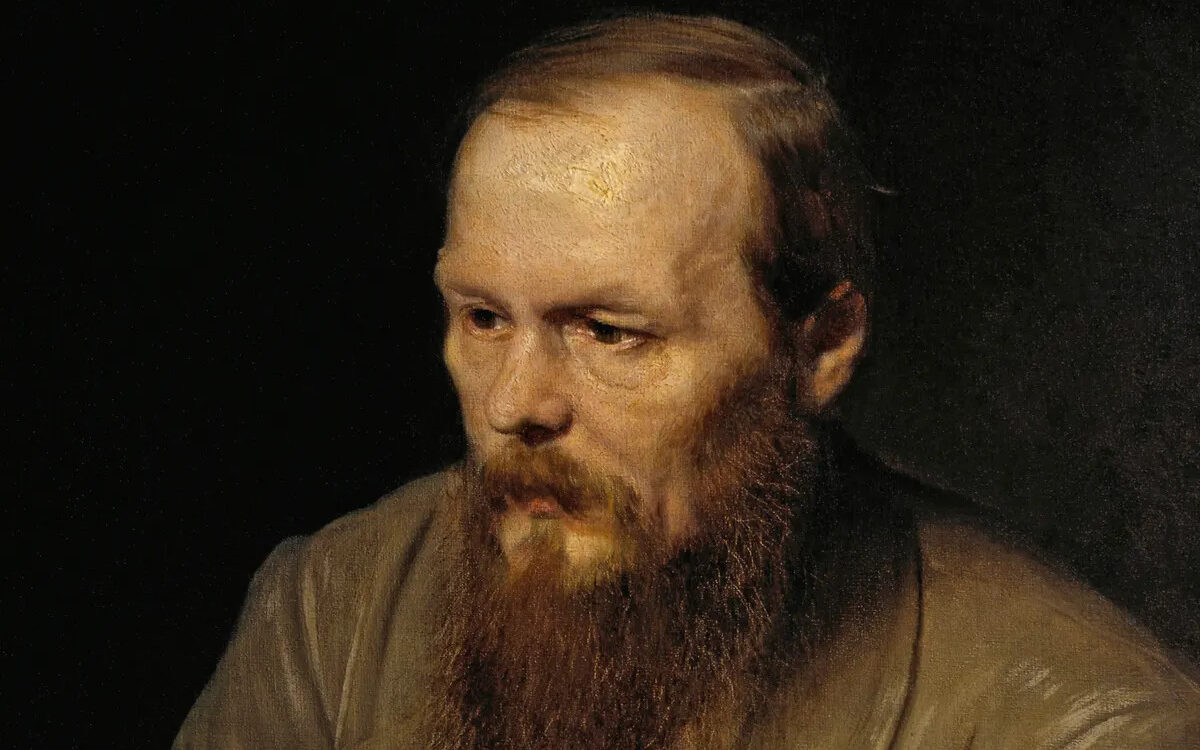
Previous study groups
The World Beyond Your Head
Do you have difficulty concentrating? What steals away your time? In short, what is going on with attention in the modern world? In his The World Beyond Your Head, Matthew Crawford argues that our problems with attention stem a loss of a sense of human existence as embodied. Join us as we read his book and assess his argument.

The Inspiration of Scripture
What does it mean to call the Bible scripture? What does it mean to say that scripture is inspired by God? Does it imply that everything in the Bible is true, or only some things—and if the latter, which ones? What does inspiration imply about what happens when you read the Bible? Join us as we discuss these and other questions about the Bible.

The Trinity
What does it mean to say that God is a Trinity? Does this doctrine even make sense? If so, how? Is belief in the Trinity really important for Christians, or is it just a matter for theologians? Join us as we read selections of classical and contemporary works on the Trinity and discuss these and other Trinitarian questions.
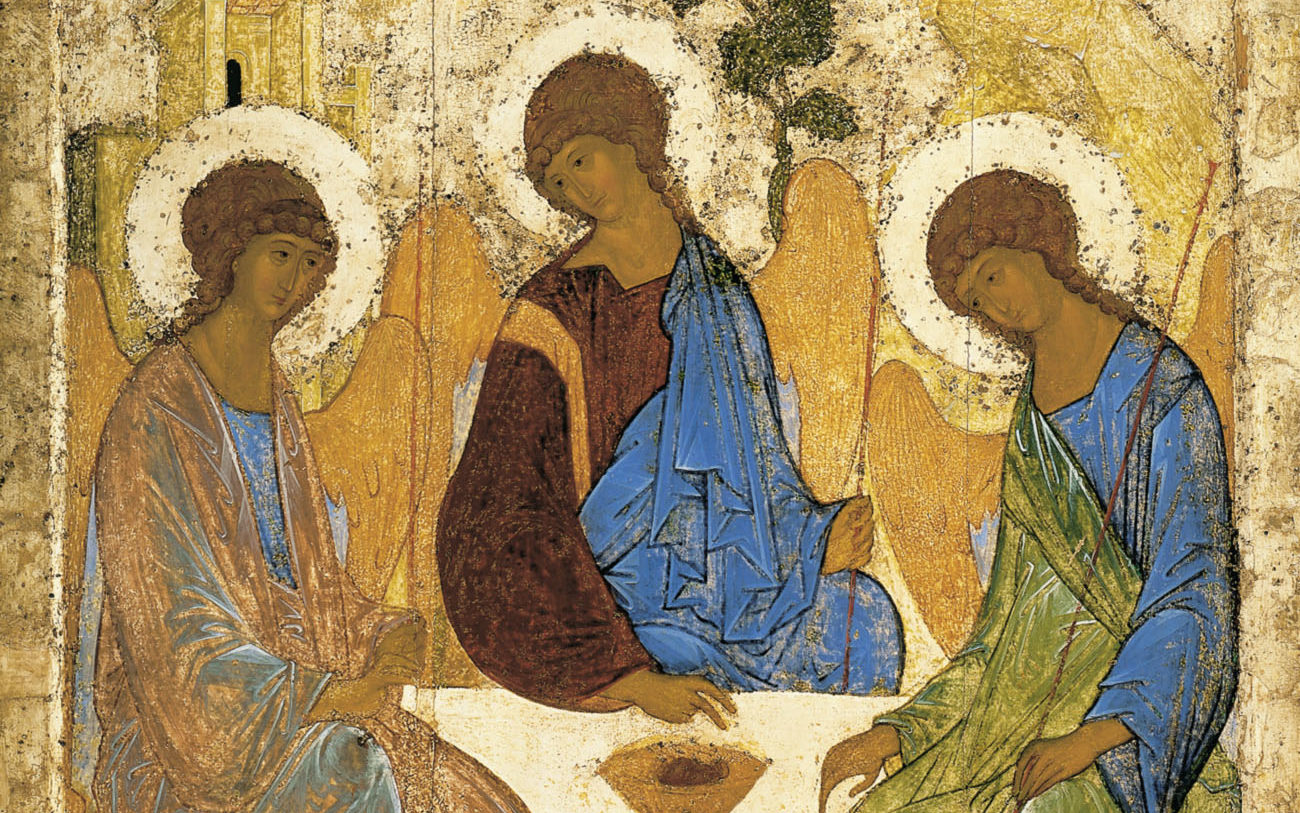
The Gospel of Mark
Join us as we discuss the Gospel of Mark, at once the most paradoxical and puzzling of the Gospels and one that offers a profound meditation on the meaning of discipleship and Christian faith—this is a book that can change your life if you learn how to hear it. This group requires no outside reading and features high-end coffee, but it meets early!
This group meets on Fridays at 7am in College Church basement.

Short Stories of Flannery O’Connor
Join us for weekly conversations about books we find significant. This semester, we’ll be reading various short stories by Flannery O’Connor, one of the American masters of the genre. There are two sections of this group, one meeting Fridays at 3pm in Maples, the other meeting on Tuesdays at 10am. This group will be closed to new members as of February 7.
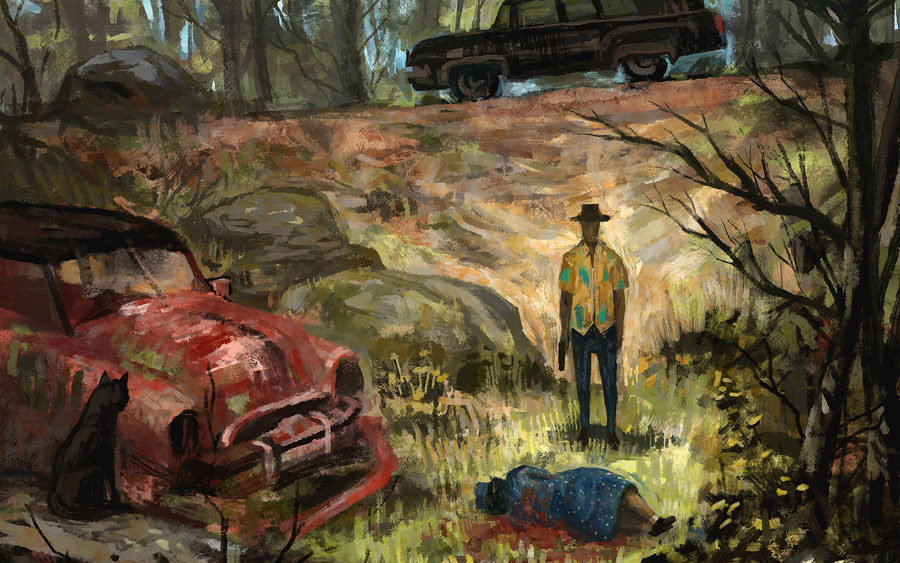
Resurrection and Afterlife
What is resurrection? Why is it important to Christianity? How does it relate to other ideas of afterlife such as the immortality of the soul? And what does a resurrected life look like, anyway? This group meets Friday mornings at 7am in College Church to discuss these and other questions. It includes free coffee (good coffee), so you won’t want to miss it.
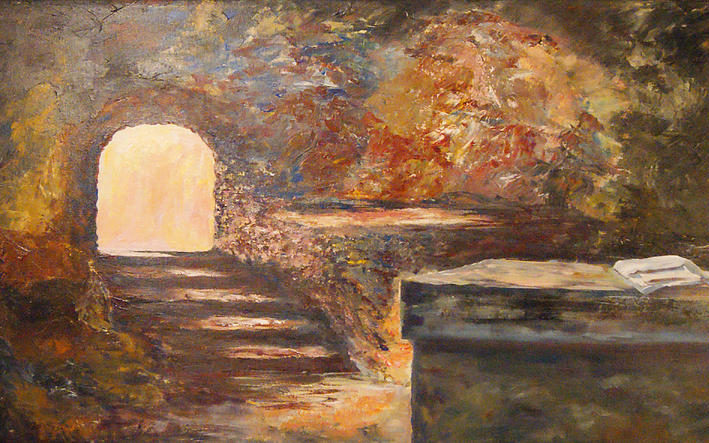
Love in Western Traditions
What is the nature of love? What is its proper object? What makes it true or perverse? How should we understand love in relation to vulnerability and suffering? In this group, we will read some of the most influential texts reflecting on the nature of love, including classical texts written prior to Christianity and texts in the Christian tradition. We’ll reflect on friendship, on romantic love, and the love of the divine, and we’ll consider how love in these texts relates to love as presented in our contemporary culture.

Prayer
Why do Christians pray? How does someone pray? Does God answer prayer? Is prayer irrational? What (if anything) happens when people pray? To consider these and other questions, this group will read what some of the ancient theologians of the church had to say about prayer. Join us as we read Origen, Augustine, and the author of The Cloud of Unknowing. This group also includes a weekly prayer component–members can choose to do the study group, the prayer group, or both.
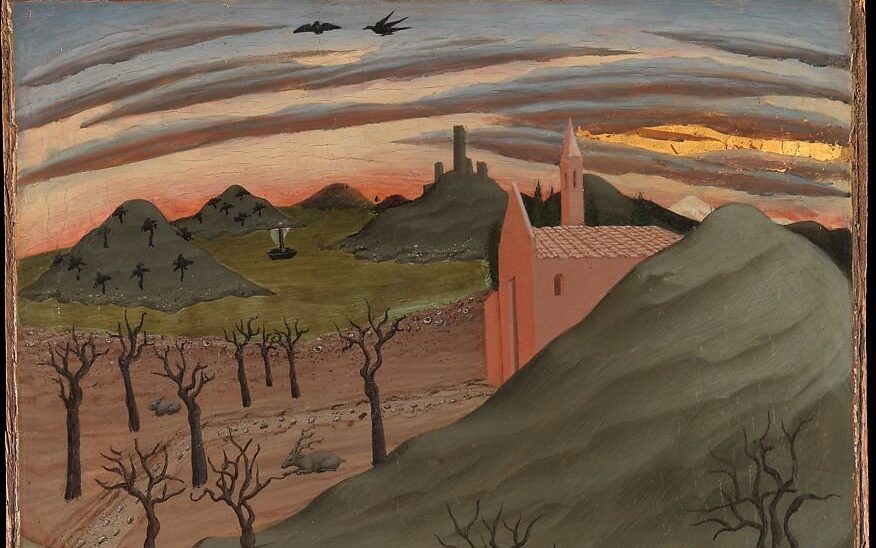
2 Corinthians
2 Corinthians is perhaps the most personal of Paul’s letters, and it is likewise perhaps the most rhetorically powerful, portraying Paul himself as an emblem of Christ’s suffering for those estranged from him. Join us on Fridays at 7am in College Church to discuss this remarkable letter. This group includes coffee (good coffee), so you won’t want to miss it.
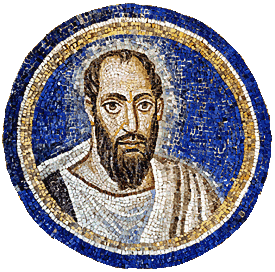
After Virtue
Join us for weekly conversations about books we find significant. This semester, we’ll be reading After Virtue by ethicist Alasdair Macintyre.
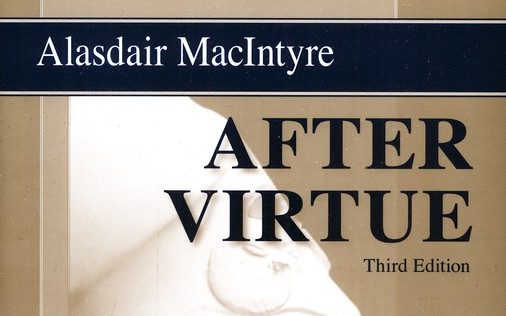
Anselm’s Circle
In this group, we’ll read C. S. Lewis’s Mere Christianity and G. K. Chesterton’s Orthodoxy. These books engage some of the major questions of faith, life, and reason, but they are not for the fainthearted! So, whatever your faith background (Christian, agnostic, atheist, or otherwise), come prepared to be challenged and prepared to read!
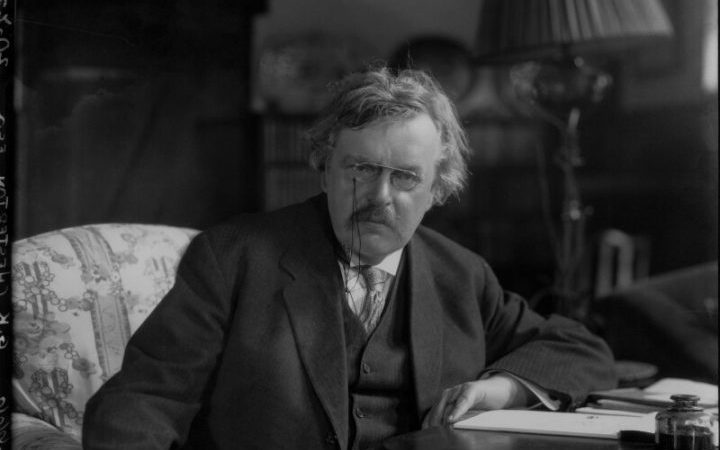
The Works of Søren Kierkegaard
In this group, we’ll read Danish philosopher Søren Kierkegaard’s The Sickness unto Death as well as Purity of Heart Is to Will One Thing. The first engages the nature of despair, while the second outlines the transformation of self at the heart of Christian faith. These are difficult books, but richly rewarding once understood.
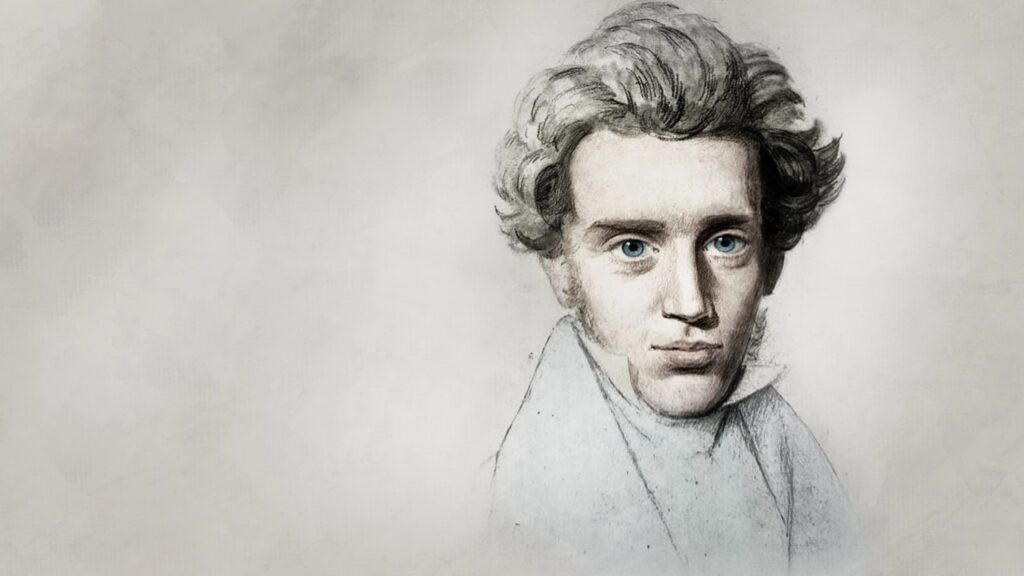
Jonathan Haidt’s The Righteous Mind
How do people decide what they believe is right and wrong? It turns out that there are many ways, and there are significant differences between conservatives’ and progressives’ modes of ethical reasoning. Join us as we learn about them and about how to bridge some of the divides in our polarized political culture.
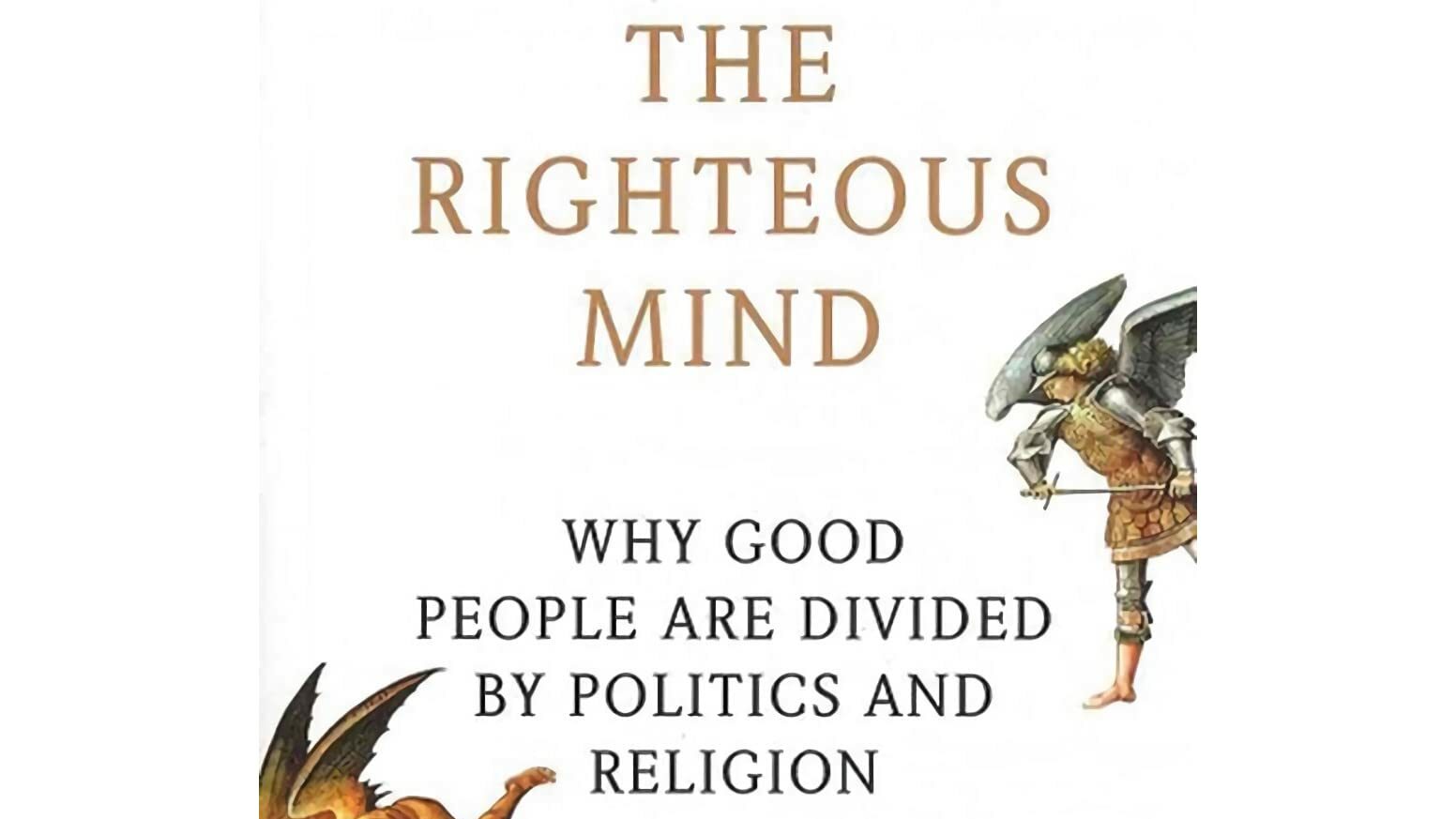
The Book of Genesis
The book of Genesis contains some of the most powerful and generative stories in the whole Bible. Join us as we read the cycles of creation, of Abraham, and of Jacob to understand the claims they make about God, the world, and our place in it.

Christianity and Capitalism
Scripture says, “You cannot serve both God and mammon.” What does that mean for us living in a capitalist society? Does Christianity favor capitalism? Are the two incompatible? Or is the reality more complicated? Join us as we read selections from Wendell Berry, Paul Heyne, and others to find out.

C. S. Lewis’s Till We Have Faces
A retelling of the myth of Cupid and Psyche, Till We Have Faces is one of C. S. Lewis’s least-known books–and that’s a real shame, as it is one of his richest, containing profound meditations on what it means to be human and on the meanings of holiness. Join us as we read it in full.
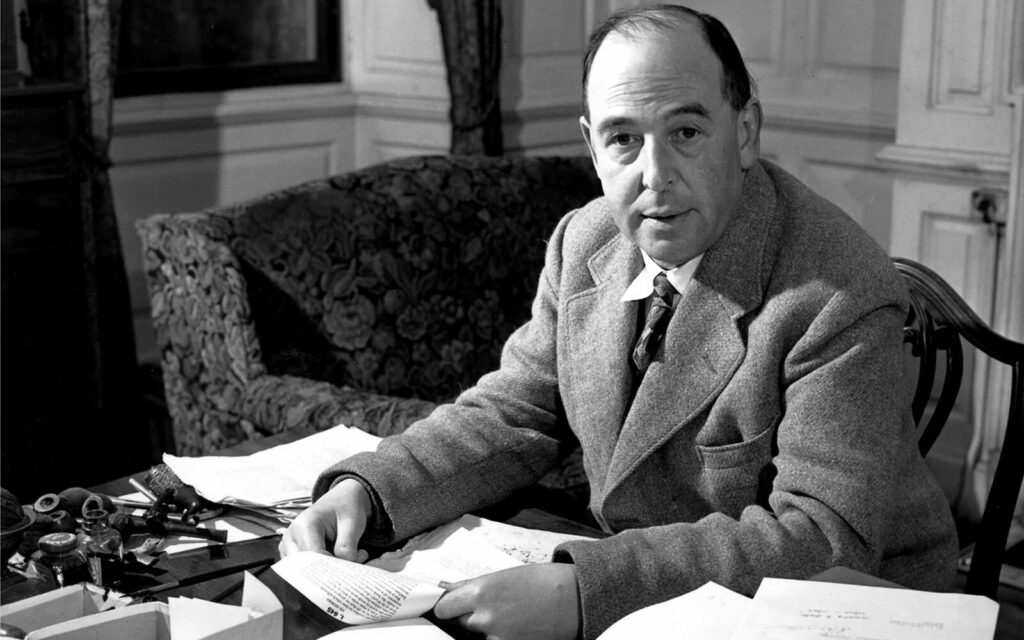
For all questions about study groups (including meeting times), email Dr. Jarrett Knight at jknight@hsc.edu.






